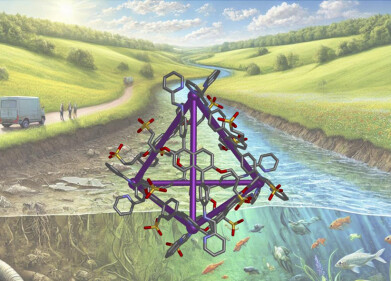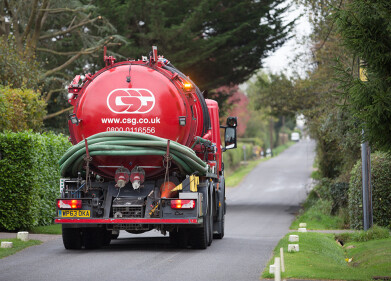Wastewater treatment
Researchers find conventional wastewater treatment does not eliminate the risk of Coronavirus spreading.
Oct 20 2020
Wastewater must be treated beyond the conventional scheme in order to eliminate the new coronavirus, Ben-Gurion University of the Negev researchers have found in the first study of SARS-CoV-2 survivability via RNA detection within sewage purification plants worldwide.
Wastewater poses another threat of a renewed outbreak. Sewage workers are exposed to the virus through human feces and urine. If wastewater is left untreated, which occurs in some countries, it could infect people or animals who come into contact with it and perhaps create a mutated version. It could also affect water sources if sewage is dumped in open areas.
In Israel, wastewater is collected, treated and then reused for agriculture. The BGU team analyzed samples of sewage collected during the first lockdown in April and during the second wave in July. They found ample abundance of the virus’s RNA. Most of the sewage in Israel and other developed countries undergoes biological treatment before release to the environment or reuse, however that was insufficient to reduce the virus concentration to undetectable levels, the researchers found.
Therefore, they urge wastewater to be further treated to minimize the risk of dissemination and infection. In a couple of instances where wastewater was treated by chlorine, the virus was no longer detectable.
“If we do not want recurring waves of outbreaks, reducing the infection rate may not be enough, wastewater must be neutralized as well,” says co-lead researcher Dr. Oded Nir of the Zuckerberg Institute for Water Research, part of the Jacob Blaustein Institutes for Desert Research at BGU. Prof. Ariel Kushmaro of the Avram and Stella Goldstein-Goren Department of Biotechnology Engineering co-lead the study as well.
Additional researchers included: Hala Abu Ali, Karin Yaniv, Dr. Edo Bar-Zeev, Sanhita Chaudhury, Marilou Shaga, Satish Lakkakula, and Prof. Zeev Ronen.
Events
Apr 10 2025 Beijing, China
Apr 10 2025 Beijing, China
Apr 15 2025 Moscow, Russia
Apr 21 2025 Shanghai, China
May 11 2025 Vienna, Austria














